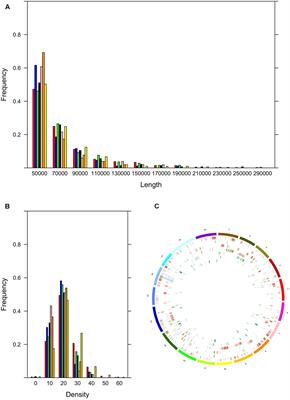ORIGINAL RESEARCH
Published on 17 May 2018
Constraint-Based Modeling Highlights Cell Energy, Redox Status and α-Ketoglutarate Availability as Metabolic Drivers for Anthocyanin Accumulation in Grape Cells Under Nitrogen Limitation

doi 10.3389/fpls.2018.00421
- 3,963 views
- 41 citations











